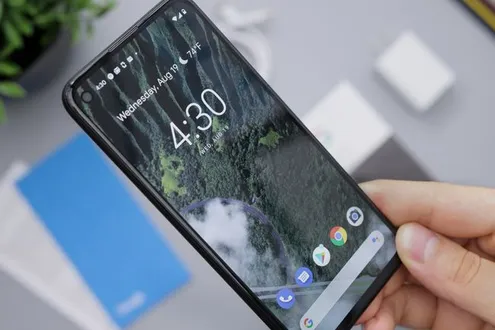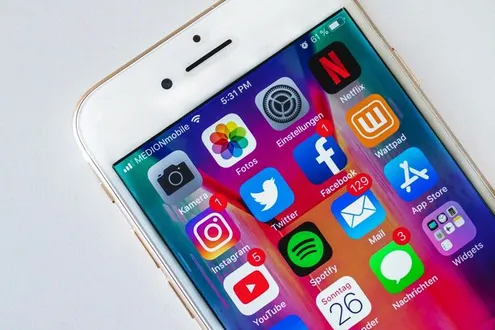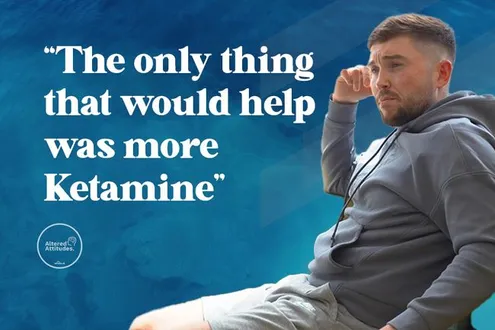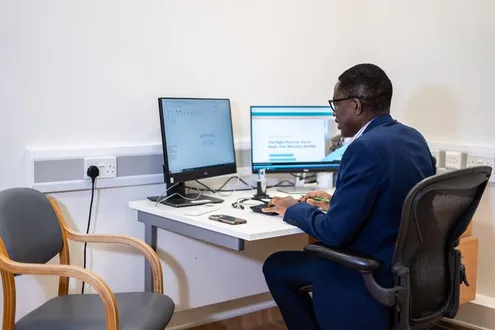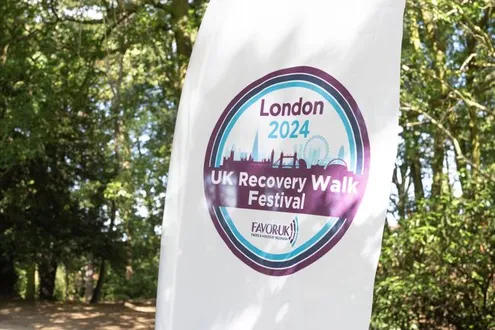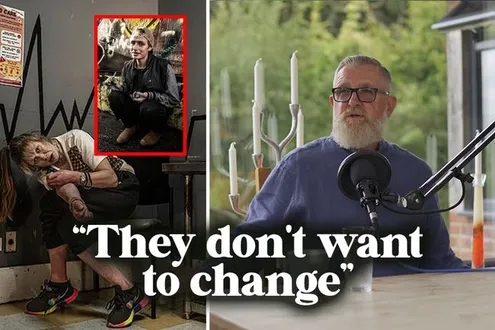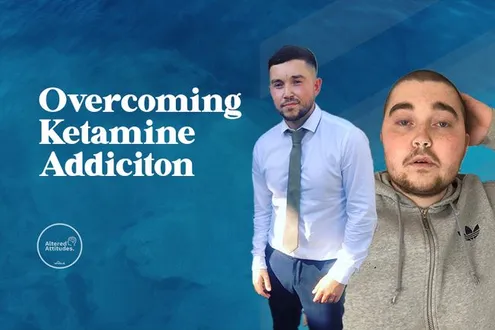Now officially recognised by the World Health Organisation (WHO). Video game addiction is compulsive or uncontrolled use of video games, in a way that causes problems in other areas of the person's life. Often considered a form of computer addiction or internet addiction.
One therapy that can help is called CBT or cognitive behavioural therapy. This is mental health counselling that teaches you how to replace thoughts about gaming to help change behaviour.
The type of cognitive behavioural therapy (CBT) to treat gaming addictions. It combines components of CBT, a therapy contract and weekly protocols. The goal is for someone to be able to use the internet productively for school or work, but to stay away from problem behaviours, such as gaming or viewing pornography.
CBT is often undertaken as part of an holistic approach to treating addiction, meaning that other types of therapy and treatment are provided alongside it. This therapy equips you for long-term success, as well as dealing with the immediate issue.
Cognitive Behavioural Therapy (CBT) is a talking therapy. It works by looking at the links between thoughts, emotions and actions, and identifying ways to replace negative patterns, which are adversely affecting daily life, with positive ones. This approach can be particularly effective for those struggling with addiction, because it can highlight the cycles of behaviour that lay behind the issue and provide practical techniques and coping mechanisms to help them take control of those cycles – and change them for the better. A short-term programme of therapy, CBT aims to break problems down into smaller, more manageable parts, working through them gradually and helping you to take steps towards, and to achieve, a recognisable end goal.
